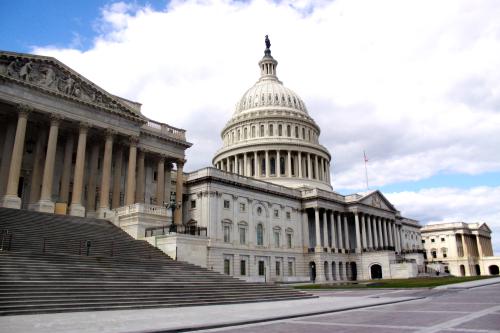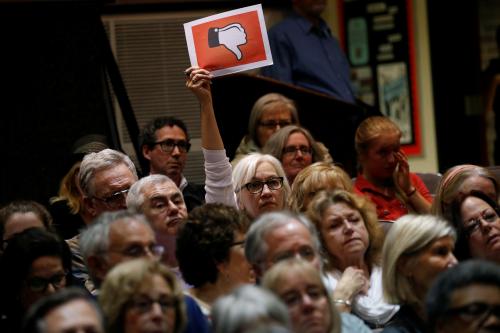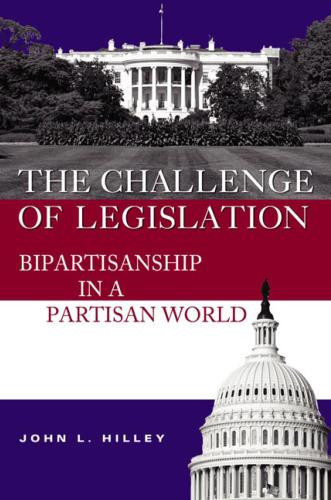There is good reason to question the assumption that by failing once again to pass legislation repealing and replacing the Affordable Care Act, Republicans have shot themselves in the foot. Although the CBO (Congressional Budget Office) could not analyze in its usual detail the consequences of Graham-Cassidy, it was able to determine that the legislation would cut federal funding for Medicaid by more than $1 trillion over the next decade, throwing millions of low-income Americans off the rolls.
This outcome would have generated a huge political problem for Republicans. A Public Religion Research Institute poll released Monday found 69 percent of Americans opposed to cuts in Medicaid, with only 28 percent in favor. The opposition included 78 percent of Democrats, 69 percent of Independents—and 55 percent of Republicans. In a related finding, nearly 45 percent of Americans are worried that they or a member of their family will lose health coverage in the coming year.
No doubt, failing to act on Obamacare will anger a portion of the Republican base, adding fuel to the insurrection against the Republican establishment and depressing turnout in states and districts where Republican incumbents who support the party’s leadership are running for reelection. But in the long run, it would have been more politically damaging to deprive low-income Americans, including millions of Trump supporters in red states, of the Medicaid coverage they would otherwise have enjoyed.
As behavioral economists have shown, the fear of loss is more acute than the hope of gain. Health policy perfectly illustrates this proposition. Whoever moves to change the status quo must convince people that they will not lose what they already have. The larger the share of people who are satisfied with the status quo, the tougher the task. This is why President Obama put his personal credibility on the line to assure Americans that if they liked their current insurance policy, they could keep it under his proposed reform. When this turned out not to be entirely true, he and his party suffered.
But now, after almost eight years of public disapproval, Obamacare has become the new status quo, the baseline from which most people assess gains and losses. While opposition to Obamacare still exists writ larger, individual provisions—some of which have been under threat from Republican alternatives—are wildly popular among Americans. By threatening to take Medicaid away from millions of people, the Republicans poked a hornets’ nest. Whatever they did after this, they would have been hurt. But by running away, they at least minimized the number of stings. Their legislative failure was a blessing, very effectively disguised.
The Brookings Institution is committed to quality, independence, and impact.
We are supported by a diverse array of funders. In line with our values and policies, each Brookings publication represents the sole views of its author(s).











Commentary
Polling Spotlight: A silver lining for the GOP on Obamacare repeal
September 27, 2017